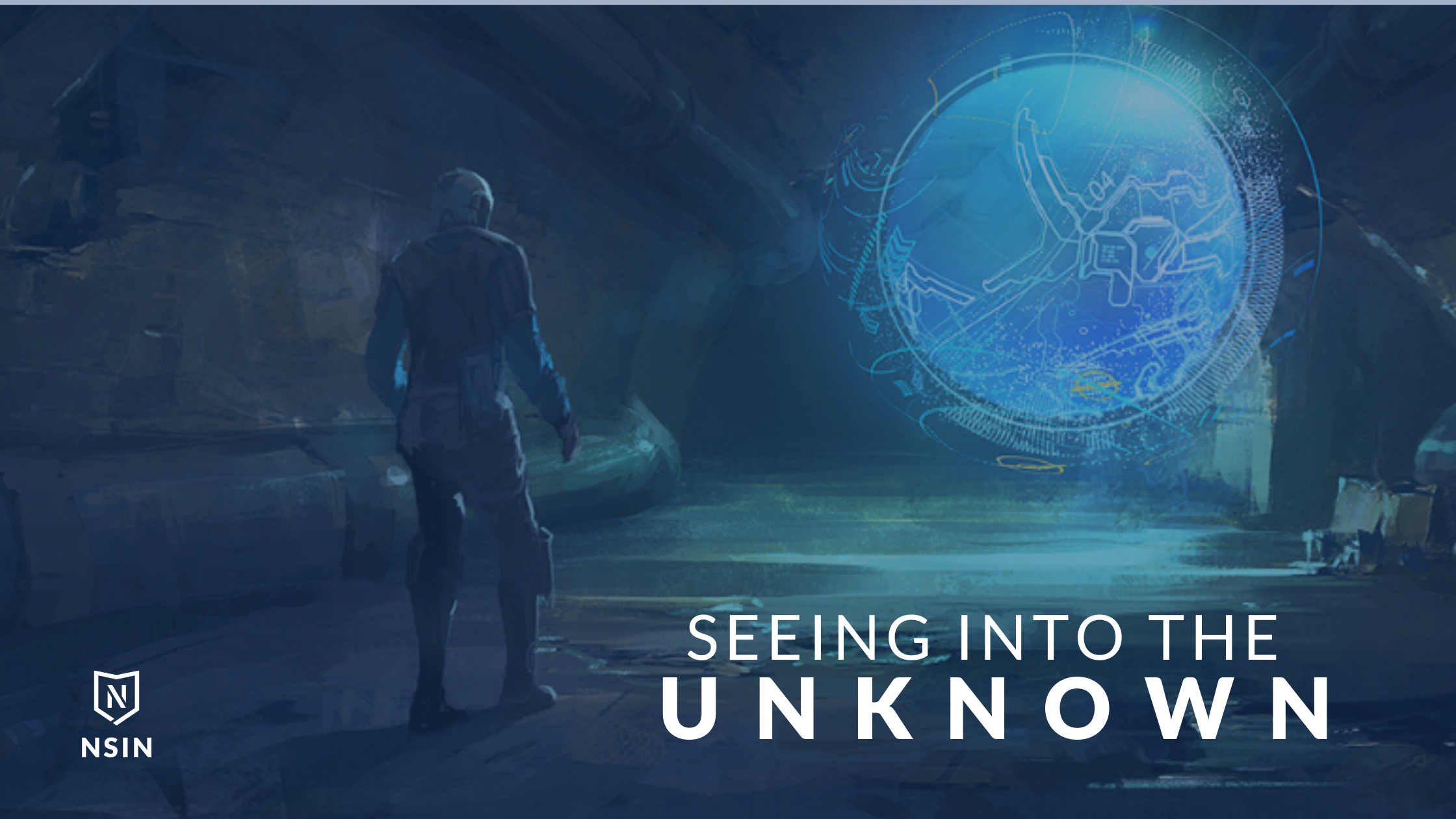
Hackathon Teams Pitch Solutions to Securing Dense Urban Environments

Three teams of innovators from academic and venture/start-ups each earned $15,000 in contract funding from a talented field of more than 300 participants at the National Security Innovation Network (NSIN) virtual hackathon “Seeing Into the Unknown – Situational Awareness in Dense Urban Environments” which concluded on October 31. The teams will use the money to develop their solutions and help Department of Defense end-users solve mission critical problems.
The hackathon challenged teams to develop solutions to the unique challenges first responders and military operators face in sensing, mapping and understanding buildings and underground spaces in dense urban areas.
The UN estimates indicate that the world’s population is becoming increasingly concentrated in dense urban areas, with 68 percent expected to live in urban environments by 2050. This dense urban boom creates unique challenges for first responders and military operators. For first responders, higher urban density creates more significant risks associated with structure fires, subway tunnel collapses, and police actions; for military operators, it creates challenges for keeping soldiers safe.
About the winning teams and solutions:
-
Cleo Robotics/Vermeer – A partnership between two companies: Vermeer, a company specializing in an augmented reality drone piloting tool; and Cleo Robotics, a software specializing in drone production. The team’s solution called Dronut® is a next-generation, compact, rugged, autonomous, small, unmanned aerial system. Cleo Robotics will produce the Dronut, and Vermeer will provide the augmented reality technology. This team of former military and technology experts, Brian Streem (Vermeer) and Omar Eleryan (Cleo Robotics) developed this easy-to-operate device requiring minimal to no training that can take off from any surface and stream video footage without being airborne.
-
F-Society – A team of eight engineers, active duty veterans, and students from The Fletcher School of Law and Diplomacy at Tufts University. The F-Society team pitched their LOKI system which supplies visual-spatial information through all-source sensor feeds mounted on unmanned aerial vehicles of various sizes. Team members are Danny Katz, Myette Simpson, Ian Eder, Joseph Jamison, Phillip Gomez, Rachael Lew, Jay Mac, and Andrew Seligson.
-
Team Tercio – A collaboration of participants from separate organizations (Iceni Labs, Brandwidth, Merkuri, and Vent-R) from the United States and United Kingdom formed this new team. These international collaborators successfully pitched their novel solution, DUELIST, an effective, affordable, and scalable technology for enhanced, dismounted warfighter situational awareness. Focused initially on the needs of small teams of Tier One operators but with broader application throughout the army and across the emergency services. Prior to this hackathon event, UK team members received money from the British defense tech accelerator, Defence and Security Accelerator (DASA) . Team members are John Tapsfield, Andrew Ayling, Sherice Malagon-King, Alex Giles, Sam Clark, and Rick Merkuri.
“The very core of our mission is to build new networks of innovators, and this hack was a great reflection of that mission,” said Kedar Pavgi, NSIN Hacks Program Manager. “The winning teams included ventures from the U.S. and the U.K., as well as standout students from top colleges and universities.”
“As more and more people migrate to urban areas,” Pavgi said, “we have to have the tools and technology to support first responders and military personnel with their mission in these dense environments. Developing technologies to help them locate people in urban settings is critical to national security and emergency response of any nature.”
Hackathons are a program of the NSIN Collaboration Portfolio. For more information, visit NSIN.us.
About NSIN
The NSIN mission is to “build networks of innovators that generate new solutions to national security problems.” NSIN is headquartered in Arlington, VA, and has regional offices in 11 commercial innovation hubs throughout the United States. Through its headquarters, regional hubs, and embedded university partnerships, NSIN builds a national network of innovators and delivers programming that solves real-world, DoD problems through collaborative partnerships with non-traditional problem-solvers within the academic and early-stage venture communities.